Andy Storey told Vahid Pourtajrischi of Mehr News International Service in an interview that Eurosceptics had been enjoying the current nature of the EU which had alienated its people, thus having caused the feeling that the putative countries should break up the EU. The economic austerity measures in Greece and elsewhere in the EU, he believes, are the major impetus to the raise of the far-right parties.
As you know many European far-right parties and politicians has urged to split their states like France, the Netherlands or Germany from EU after Brexit. What are the reasons behind such social or political phenomena in the EU? Could we assume this as the rise of far-right in the EU like what was happened before WW2?
There are various reasons for the growth of far-right Euroscepticism, but one is the undemocratic and austerity-inducing nature of the EU, which has seen the pauperization of countries like Greece and the removal from citizens of large elements of control over economic policy. These trends have been intensified by the autocratic actions of the European Central Bank (e.g., withholding liquidity support to banks in Ireland and Greece until the governments concerned acceded to their demands) and by the adoption of fiscal surveillance and control mechanisms like the Fiscal Treaty and the Macroeconomic Imbalance Procedure. People increasingly, and rightly, feel alienated and disenfranchised – the EU is undemocratic and it is causing economic misery in many countries. The far-right has been able to tap into that anger and mobilize it for electoral advantage. They have enhanced their appeal by scapegoating immigrants and other minorities, wrongly blaming them (along with the EU, which is in fact guilty as charged) for various problems. Whether this is akin to the pre-WW2 era is open to debate, but we should not be complacent about the parallels. The tragedy is that the left has remained mostly committed to the EU and to the Eurozone, despite its catastrophic consequences for the people of Europe – this has left the field wide open to far-right parties to reap the electoral gains of Euroscepticism. The left needs to respond to this with its own critique of the EU and, if necessary, with a willingness to break up the Eurozone at least if that is what it takes to restore democracy, prosperity and sustainability – by so doing, the left could undercut the appeal of the far-right.
The issue of refugees and their settlements seems to be the critical and serious problem of the EU. What will be the social and political consequences of such issues? May this issue be fueling of the fire of Islamophobia in West?
The arrival of refugees (in increased numbers in 2015 in particular) has not caused a rise in Islamophobia but it has been exploited to advance the scapegoating strategy I mentioned earlier. Refugees (by the way, a small proportion of the numbers that much poorer countries like Jordan and Pakistan deal with on a daily basis) have been demonized by the far-right, by the right-wing media and, most importantly, by the EU itself. The deal the EU struck with Turkey to keep refugees out of the EU is a disgraceful violation of asylum-seekers’ human rights, and it sends a message to EU citizens that the EU will not only tolerate but endorse and promote discrimination against ‘outsiders’, making racist violence at street level more acceptable. There is another important dimension to this issue – most refugees are fleeing wars in Syria and elsewhere, wars that stem from Western military interventions which have served to destabilize the region. The West (in the form of Europe) now refuses to accept responsibility for its actions and tries to seal its borders, condemning the victims of its military adventurism to misery in camps in Turkey and Greece, or to death by drowning in the Mediterranean.
Donald Trump has asked for revision of JCPOA while other parties of the nuclear agreement opposed his request. How do you see the end of this struggle? Will EU follow Trump's policies on JCPOA or they perform their role independent from US?
I am not sure. I suspect most EU leaders do not want to reopen the deal, preferring the relative stability it offers to the unpredictability of a renegotiation led by a clearly unhinged and reckless US administration. In fact, the rise of Trump may see Europe carving out a more independent space in foreign policy matters more generally, though this will not be entirely progressive – witness the demands of some German and other leaders to increase European military capabilities against the Russian ‘threat,’ thus stoking the dangerous flames of a new cold war. But if Europe acts as a check against the reopening of the JCPOA then that would obviously be a good thing.
Andy Storey received his PhD in Sociology from the School of Sociology and Social Policy, Queen’s University Belfast. Economics Department, University of Dublin, Trinity College. He is currently lecturer at the Centre for Development Studies, University College, Dublin.
Interview by: Vahid Pourtajrischi


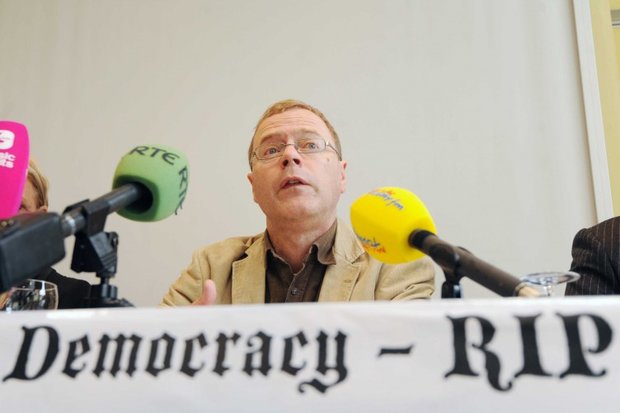
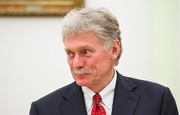
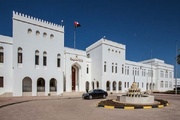
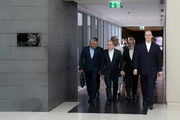
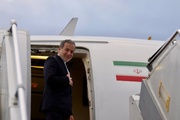
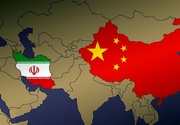
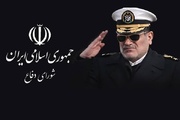
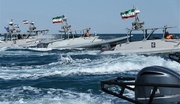















Your Comment